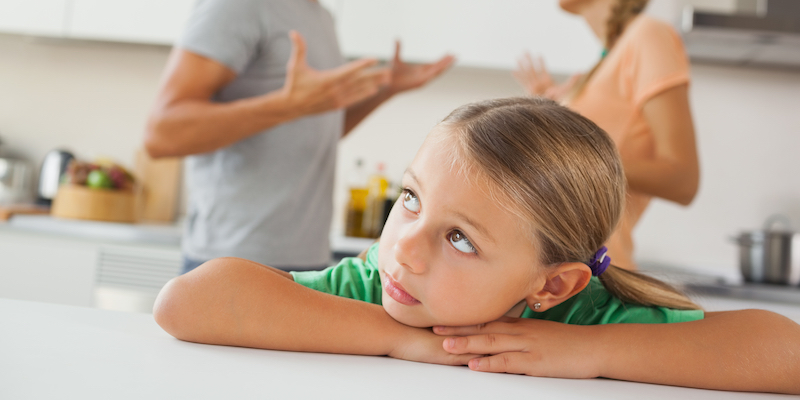People divorce for a reason, and quite often that reason is that two people could no longer stand to live with one another. As a couple, they became not just incompatible, but generated a host of negative emotions in one another.
When people divorce without children, they can continue to have deep negative feelings for their former spouse without impacting anyone but each other whom they likely never see.
When people divorce with children, they do not have the luxury of “out of sight, out of mind” but must instead work together to co-parent and raise the children together. For some parents, this task can seem Herculean.
Even when a court awards one parent sole physical custody and the other parent visitation, the parents still must communicate about the health, education and welfare of the child. Some level of civility and cooperation must exist, even when internally one or both parents find it hard to stay in the same room with the other parent.
While the level of hatred one parent has for another can influence the award of custody, it can more importantly impact negatively the long-term psychological and emotional health of the children, as described by Dr. Jamie Wells in this article.
What can parents do to avoid this fate?
First, give serious consideration to taking parenting classes for after divorce, either individually or together.
Second, think about therapy options, individual or group, with couples experiencing the same difficulties.
Third, force yourself to put your children first. One of the best techniques you can utilize is empathy. Put yourself in the position of your children witnessing your behavior and that of your former spouse. Try and see what they see and remember how you felt seeing those behaviors when you were that age. Remember that your children love both parents, even though you may no longer love your former spouse, and when you express negative feelings toward your former spouse, you create seeds of confusion and dissonance for the children that could impair their ability to have healthy relationships with both parents.
As Dr. Wells explains: “Children feed off their parents’ reactions. When the parent is clam, the child calms. When young children sense anxiety, they mimic it and act out. A parent’s suffering is a child’s suffering. These symbiotic relationships perpetuate the current and intergenerational struggles of families. So when parents can’t even be in the same room with one another, it is the child who mostly suffers.”
Divorce is extremely difficult for adults, but it can be absolutely traumatizing for children. Keep that in mind as you decide how to co-parent.
If you have questions about co-parenting after divorce, contact us – we can help.
